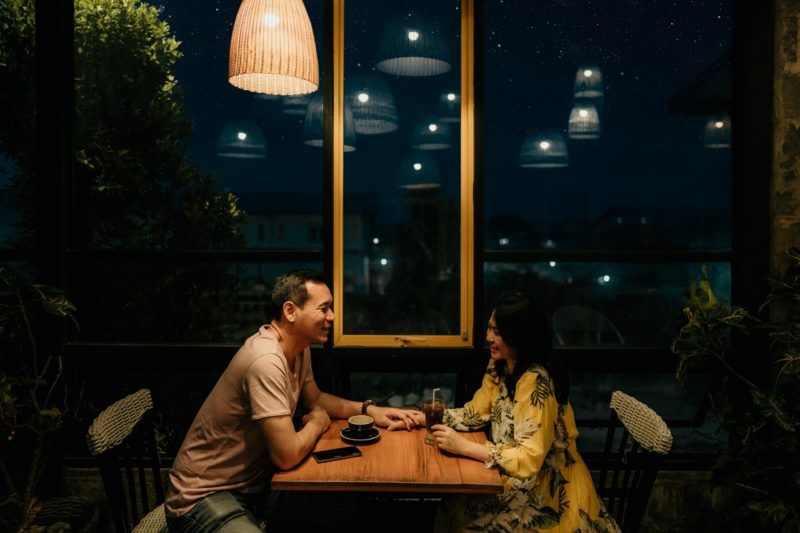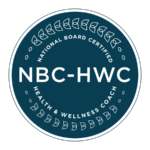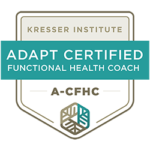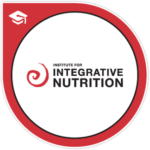Today, as promised, is all about what we choose to drink and eat (including sleep aids) and when to do that. It turns out that when we eat and drink is just as important as what we eat and drink, if we want to get better sleep.
My first two posts1https://www.balancedhealthforlife.net/the-importance-of-sleep/2https://www.balancedhealthforlife.net/the-benefits-of-sleep/ on the topic of sleep describe its benefits (and it’s not just because sleeping makes us less tired!) and the awful consequences of not getting enough of it. The third post3https://www.balancedhealthforlife.net/problems-and-sleep-solutions-coping-with-artificial-light/ began a series of explanations for why we aren’t getting enough sleep and what we can do about it, if we are serious about avoiding all the negative consequences described in the second post. You may want to read those posts first, before you continue here.
Now, a figurative look at what goes into our mouths.
Here is our behavior:
We take sleeping pills.
Well, sure we do. We think that they will help. In actual fact, they do cause us to fall asleep. However, here’s the important truth: sleeping pills prevent natural sleep4https://pubmed.ncbi.nlm.nih.gov/25922426/.
Here are the problems we unknowingly encounter:
While we are ‘sleeping’, these medications sedate our brains, essentially “knocking out” the higher regions. The so-called ‘sleep’ that they produce lacks the essential large and deep brainwaves.5“SHOULD YOU TAKE TWO OF THESE BEFORE BED?”, 282
Have you seen the laundry list of undesirable side effects of sleep meds? Don’t just take my word for it: “next-day grogginess, daytime forgetfulness, performing actions at night of which you are not conscious (or at least have partial amnesia in the morning), and slowed reaction times during the day that can impact motor skills, such as driving”6Walker, p. 283. Hmm, have we considered that this daytime grogginess might lead us to grab for a cup of coffee, thus starting yet another spiral down into poorer and poorer sleep? Vicious circles, anyone?
Here’s a sobering thought:
Allow me to end the discussion of sleep medications by pointing to Matthew Walker’s conclusions on this topic. An interesting and sobering read is in the few pages before the following succinct summary. Walker refers to the current availability of sleep medication with benefits that far outweigh any health risks…wait for it… “…no such medication exists.”7Walker, p. 285-290
How about alcohol and sleep?
After a difficult day at the office or at home, how many of us have not thought of having a drink or so in the evening, to relax before bedtime? And just how often do we follow through? It’s a thing, to be sure. Doing so actually does help us to fall asleep more easily. So, we think we’ve won twice. First, by indulging in a favorite drink. Second, by getting some good sleep. But the truth is far different from our perceptions.
Here come the problems with alcohol before sleep:
- The reason that alcohol makes us sleepy is due to an alcohol-induced rise in the chemical messenger (adenosine) which makes us sleepy. So, we think we’re sleepy when it is simply because that sleepiness has been artificially induced by our drinking. We’re talking sedation, not sleep! Basically, alcohol sedates our brains. I repeat myself: sedation is not sleep. Sedation is what happens when we receive an injected drug before minor surgery. Only children think of that as “being put to sleep”. We should know better.
- This is a good time to remember that sleep’s ‘job’ is to restore and repair the effects of the day on our brains. However, when we have imbibed alcohol, our sleep is not restorative. Nor is it continuous.
- That is, many, sometimes unnoticed, awakenings interrupt our sleep! We will feel the results of that only on the next day. What we don’t feel may be even more serious. The damage has already been done by morning.
- Another disastrous effect of alcohol is that alcohol reduces the amount of REM sleep8Alcohol and sleep, which is crucial to maintaining the health of our brains.
How about the effect of food on our sleep?
- The answer lies in the hormones involved in digestion, actually.
- The first principle behind getting the right amount of sleep is that we want our bodies to be focused on sleeping at night. This is so that all the benefits that we have discussed can occur.
- Spoiler alert: if we eat more than three hours before bed, we should be good to go. Then, the insulin spike from our food will be over. You guessed it, that interferes with sleep. Digestion, which takes attention away from our brains, will also be over.
- All this means is that a midnight snack, or even an after-dinner snack, are simply very poor choices. That is, if we want to age well and increase our health spans. This may mean giving up any snacking after dinner. That would depend on when you eat dinner!
What about coffee?
It turns out that there is a gene variant that processes caffeine, and 50% of the population has the variant of that gene which processes caffeine slowly. This results in the caffeine remaining in the blood stream for a longer time. That way, it keeps us awake. The other variant of that gene allows the liver to quickly clear the caffeine from our bloodstream. Which variant do you have?
How does coffee affect our sleep?
I loved learning what comes next: When we drink coffee, the caffeine binds on to those adenosine receptors, the ones that tell us that we’re getting sleepy. So, drinking caffeine doesn’t stimulate us, as we might have thought. Ingesting caffeine when we’re getting sleepy is like covering our eyes to avoid seeing something unpleasant —say, a terrible car accident on TV. The accident is still happening. We just can’t see it. When we uncover our eyes, there it is again.
The adenosine, similarly, is still building up even though we don’t feel it happening, as we would on an evening when we had not drunk any coffee. We won’t feel tired until our bodies have processed all the caffeine and there is no more left to bind onto the adenosine receptors. Have you ever had a post-caffeine crash? When you can’t keep your eyes open, you’re so tired? This is the adenosine finally being allowed to do its proper work, all at one time. It had been blocked for so long by the coffee that there is finally a lot of it there to make us really, really tired, as soon as the effects of the coffee wore off.
Is caffeine a problem for your sleep?
Certainly, if you have trouble falling asleep, if you’re tired during the day, if you wake up during the night, caffeine might be the cause. How to know for sure?
You would have to experiment and see what removing some caffeine from your day does to your sleep patterns and to your daytime fatigue. Beware: caffeine is an addictive drug, so stopping it cold turkey is not advised by anyone.
We have had a look at the effects of sleep meds, food, caffeine and alcohol on our ability to get the sleep that we need, if we are to age well.
The next post on sleep will give you some solutions to your sleep woes. I will provide you with evidence-based tips that you can implement immediately. It will be titled, “Ten Sleep Aids with no Nasty Side Effects.”
References:
- 1
- 2
- 3
- 4
- 5
- 6
- 7
- 8
- 1
- 2
- 3
- 4
- 5
- 6
- 7
- 8




